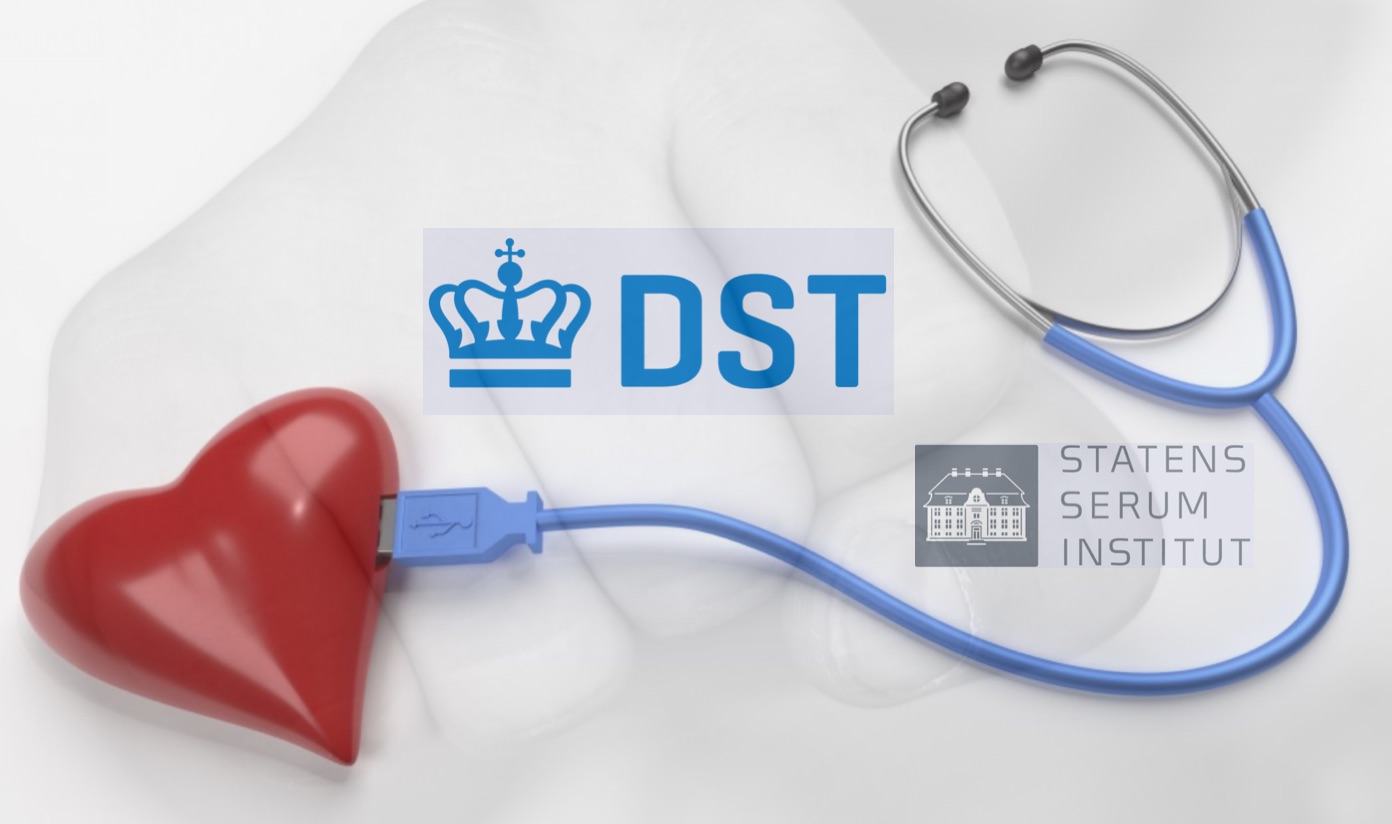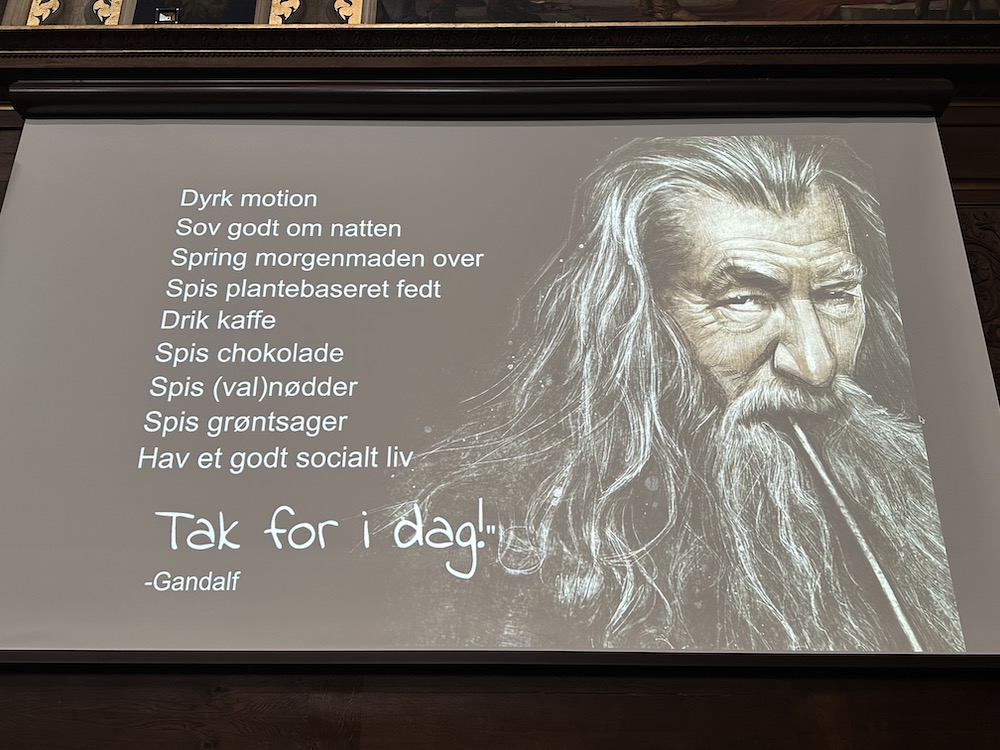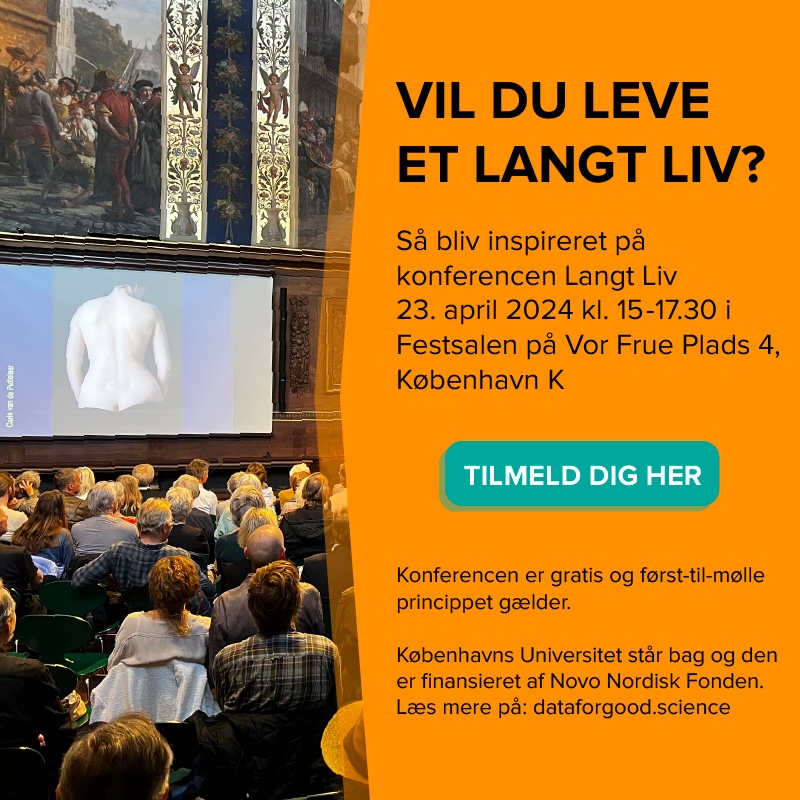
Data Practices in the Welfare State Need a Brush-up
(update below) As personal data has become more and more valuable, the smoothness of data practises in the welfare state is fading away. Competition, conflicting interests or just bureaucracy can hinder research to keep the welfare state afloat, according to experts.
Danish registers were established to strengthen the welfare state. The registers contain detailed data about all Danes over many decades. The registers and the science and statistics deriving from them could help keep the welfare state in shape and offer high quality of welfare services to the citizens. Constantly collecting data in all walks of the public sector – and transferring most of it to Statistics Denmark – has been an integrated part of the welfare machinery. For decades, scientists have had huge advantages doing research on these data without having to ask for consent.
These days, there are new and additional focus on data, as data has become highly valuable in itself. Public authorities and scientists have started fighting each other to ‘sit on’ the data and decide what it should be used for, and some are more willing than others to share it for science.
One good example is a case from Copenhagen University (KU), where scientists for months have been asking SSI (Statens Serums Institut) for Covid-19 data on the Danes in order to do derive more knowledge on the virus’ affects on families – and not least what families should do, if a member catches the virus. But SSI has been unwilling to share the data with Statistics Denmark (DST) – both are public entities and DST, who are part of the University’s research project, will be getting the data anyway for statistics and research – just at a later time.
“I am so disappointed. When the second wave comes, we are not able to tell much about how to behave in families,” says KU-professor Rudi Westendorp to Altinget, who got the idea to the research project after reading an article in the New York Times. “If you share bed with your baby or partner, who is sick and you lie face to face all night, then you are exposed to a lot of virus, which is determining how serious the infection will be.”
His project could have helped decide which family members should be isolated outside of their homes, should they get sick.
SSI has not explained in detail, why DST cannot get the data, but has asked DST to give their data to them in stead. But that is totally opposite of how public authorities share data today; Data automatically flows to DST, who has a solid reputation of data protection and security as opposed to SSI. The two parties have promised to find a solution.
Mette Nordahl Svendsen, professor at the Department of Public Health at the University of Copenhagen, investigates data practices in the field of precision medicine.
“SSI has two roles here, and that is a problem. It collects health data such as Covid-19 data, and at the same time it is doing science. Those interests can conflict,” she says.
She finds it really sad, that the various public authorities cannot work together in a smooth way. Especially because they are driven by the same mission:
“In our MeinWe project, we follow a lot of other research projects, and what we see is that all the scientists dream about doing a positive difference for the welfare society. Their driver is not only scientific excellence, but also contributing to society. Their science has to benefit citizens, they believe. I also think SSI has that driver, but in this specific case the competition in science becomes a hindrance for collaboration,” she says.
The Challenge platform, which both professors are part of, is working on smoothening the data infrastructure in Denmark. When over in 2024 there should be a clear way of legally and ethically enriching data from Statistics Denmark with human tissue – that is biological data – which has been digitized from e.g. hospitals. On top of that the Challenge project will give new insights into how we age better, not necessarily longer, but healthier.
Update: As of July 1st 2020, Covid-19 data will now flow from SSI to DST, so the research project on Corona in families can get started. Read more here (in Danish).

